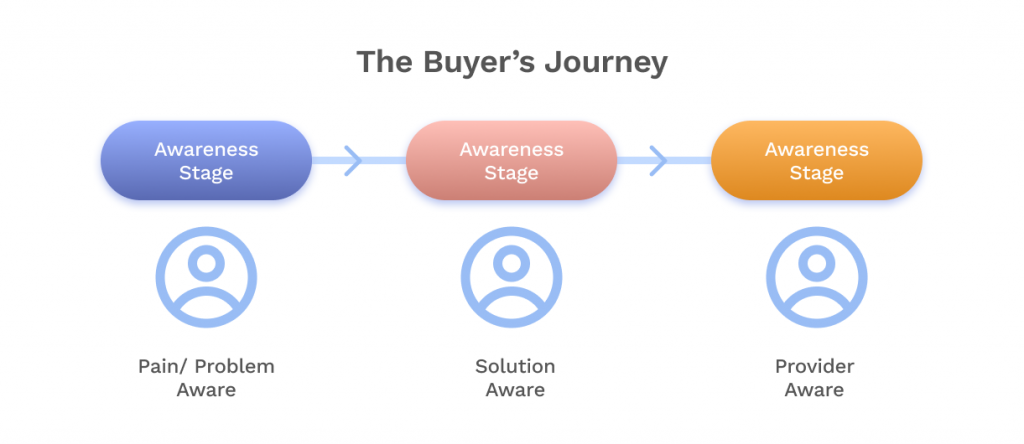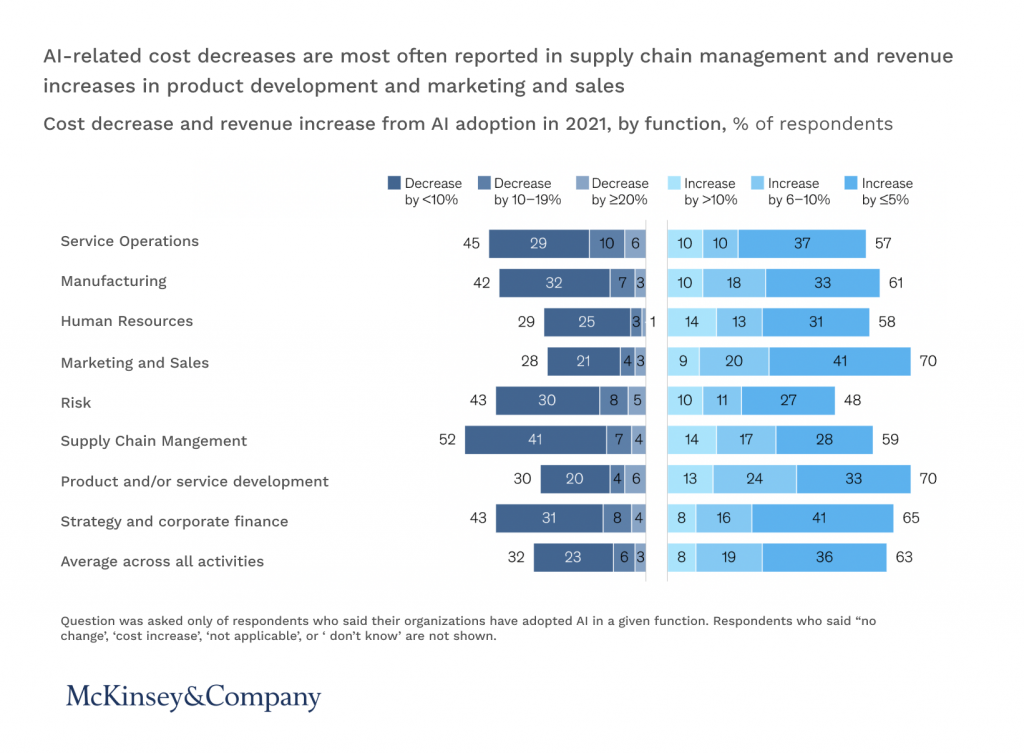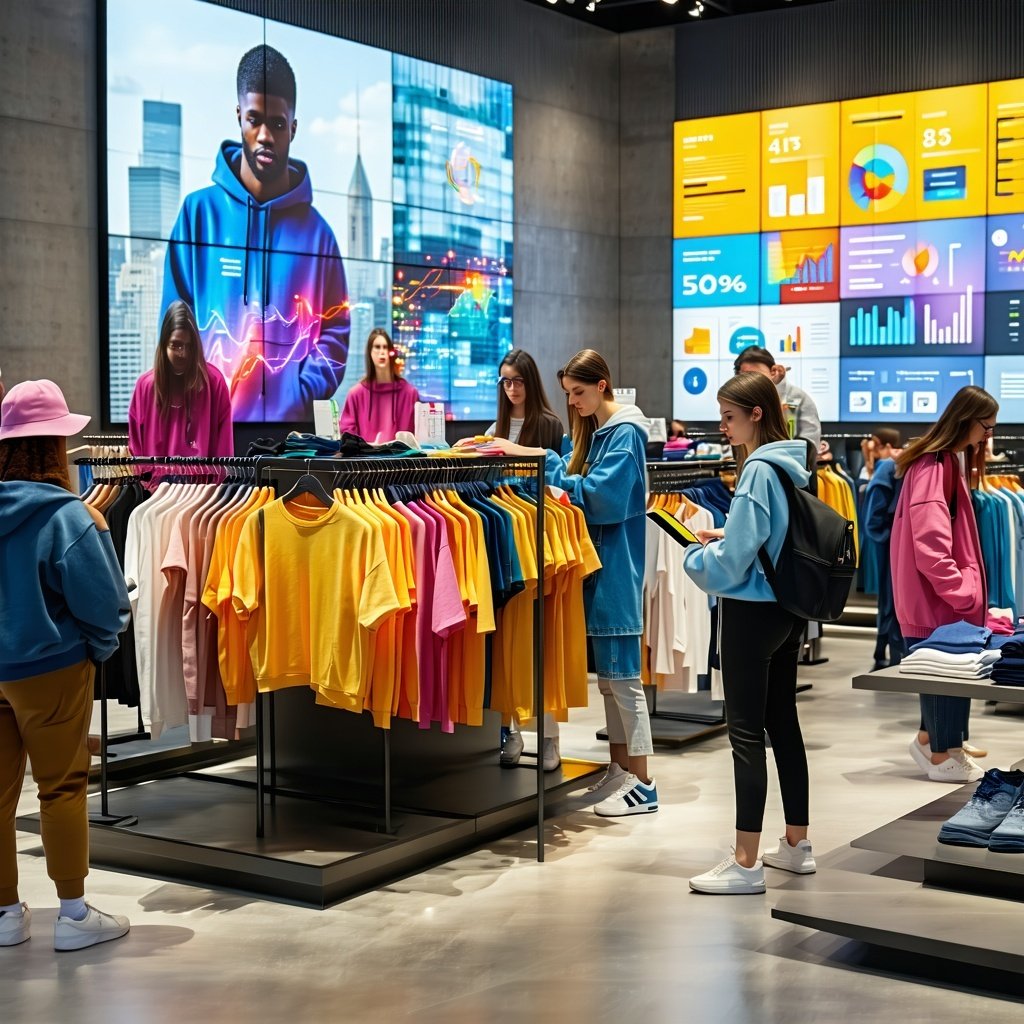What Retailers Can Learn from the Taylor Swift Effect
What Retailers Can Learn from the Taylor Swift Effect
In the dynamic world of retail, certain phenomena transcend mere trends, shaping consumer behavior in profound and often unpredictable ways. One such phenomenon is the “Taylor Swift Effect”, a term coined to describe the significant impact of pop culture icons on retail trends and consumer choices.
But how can retailers not only keep up with these rapid changes, but also capitalize on them? This is where Artificial Intelligence (AI) emerges as a pivotal tool. AI’s ability to detect anomalies, predict trends, and analyze consumer data is revolutionizing how retailers approach eCommerce conversion rate optimization (CRO).
In this blog post, we dive into the intersection of AI, retail trends, and eCommerce CRO. We explore how retailers can harness AI to not just ride the wave of trends, but also optimize their conversion rates, ensuring that they are always one step ahead in the ever-evolving retail arena.
Quick Takeaways
- eCommerce conversion rate optimization is a critical aspect of online retail, focusing on increasing the percentage of visitors to a website who make a purchase.
- AI technologies can significantly aid in CRO by providing deep insights into customer behavior, predicting trends, personalizing the shopping experience, and automating tasks like customer service and product recommendations.
- Taylor Swift’s fashion and merchandise choices often trigger a rapid increase in consumer demand, showcasing the influence of celebrity endorsements.
- The Kelce jersey phenomenon highlights the need for agile inventory management and dynamic marketing strategies in eCommerce.
Understanding eCommerce Conversion Rate Optimization
ECommerce conversion rate optimization is a critical aspect of online retail, focusing on increasing the percentage of visitors to a website who make a purchase. This metric is a key performance indicator (KPI) for evaluating the effectiveness of an eCommerce site.
In the context of changing consumer behaviors and market dynamics, understanding and optimizing conversion rates is more important than ever.
Defining Conversion Rate Optimization
CRO in eCommerce refers to the process of enhancing your online store and its various elements—such as product pages, checkout process, and user interface—to increase the percentage of visitors who complete a purchase. The goal is to make the buying journey as smooth and compelling as possible, thus leading to more conversions.

The Importance of CRO
A high conversion rate indicates that an eCommerce site:
- Is well-designed
- Aligns with customer needs
- Persuades visitors to make purchases
In contrast, a low conversion rate could signal issues with site navigation, product presentation, or pricing strategies. Optimizing the conversion rate not only improves sales, but also enhances the overall customer experience.
Current E-commerce Conversion Rates
As of 2023, conversion rates continue to serve as a crucial KPI for site managers and owners. Keeping abreast of industry benchmarks helps in understanding how a particular eCommerce site performs in comparison to its peers.
The Role of AI in CRO
AI technologies can significantly aid in CRO by:
- Providing deep insights into customer behavior
- Predicting trends
- Personalizing the shopping experience
- Automating tasks like customer service and product recommendations
AI’s data-driven approach allows for precise targeting and optimization, which can lead to significant improvements in conversion rates.
Challenges in CRO
Retailers face several challenges in CRO, including keeping up with changing consumer preferences, integrating new technologies, and ensuring data privacy and security. Understanding these challenges and addressing them effectively is crucial for successful CRO.
The Taylor Swift Effect

The Taylor Swift Effect in eCommerce is a fascinating case study of how celebrity influence can create significant retail trends. This effect illustrates the power of a well-known personality in shaping consumer preferences and driving sales in certain product categories.
- Impact on Retail Trends. Taylor Swift’s fashion and merchandise choices often trigger a rapid increase in consumer demand, showcasing the influence of celebrity endorsements.
- Influence on eCommerce Sales and Traffic. Her public appearances, albums, and tours can significantly boost sales and website traffic for related retail products.
- Insights into Consumer Behavior. Swift’s influence provides insights into younger consumers’ behavior, highlighting the role of emotional connection and brand association in shopping patterns.
- Broader Implications for Retailers. This effect emphasizes the need for retailers to monitor cultural and celebrity trends for effective demand forecasting and marketing.
- Challenges and Opportunities. While leveraging such trends offers lucrative prospects, it also demands agility in inventory management and adaptation to rapid market changes.
The Taylor Swift Effect is a prime example of how celebrity influence can shape retail trends in the eCommerce space. Understanding and leveraging this phenomenon can help retailers optimize their strategies for better engagement and increased sales.
Travie Kelce Jerseys Sell-Out Phenomenon
The sell-out of Travis Kelce jerseys represents a unique instance of how specific events can trigger significant trends in eCommerce. This phenomenon underscores the interplay between sports, popular culture, and consumer behavior.
- Surge in Popularity. Following key games or media highlights, Travis Kelce jerseys experienced a remarkable surge in sales. This trend reflects the impact of sports celebrities and major events on merchandise demand.
- AI’s Role in Predicting Trends. AI could have played a crucial role in predicting this surge. By analyzing social media buzz, game statistics, and previous sales patterns, AI can forecast spikes in demand, enabling retailers to prepare adequately.
- Influence on Inventory and Marketing. The Kelce jersey phenomenon highlights the need for agile inventory management and dynamic marketing strategies in eCommerce. Retailers must be prepared to capitalize on such sudden demand increases by having robust supply chain and marketing responses in place.
The Travis Kelce jersey sell-out is a prime example of how timely data analysis and AI can empower retailers to capitalize on fleeting yet lucrative market trends.
Leveraging AI for Trend Detection and Analysis
In eCommerce, Artificial Intelligence is revolutionizing the way retailers detect and analyze emerging trends. AI’s role in trend detection and analysis in eCommerce is multifaceted, offering powerful tools for businesses to stay competitive and responsive in a rapidly evolving retail landscape.
Real-Time Data Analysis
AI algorithms excel at processing vast amounts of data in real-time. This capability allows retailers to quickly identify changing consumer preferences and market trends, making data-driven decisions that keep them ahead of the curve.
Predictive Analytics for Demand Forecasting
AI’s predictive analytics tools can anticipate consumer demand based on historical data, current market conditions, and emerging trends. This foresight is crucial for inventory planning, marketing strategies, and pricing decisions, ensuring that retailers are well-prepared for future demands.
Personalized Customer Experiences
AI-driven personalization tailors the shopping experience for each customer. By analyzing browsing habits, purchase history, and preferences, AI can offer personalized product recommendations, improving customer engagement and increasing the likelihood of conversion.
Statistical Evidence of AI’s Impact
Adoption of AI in eCommerce has led to substantial business growth. Organizations leveraging AI strategies report an increase of at least 20% in revenue and an average cost reduction of 8%, highlighting the significant financial benefits of integrating AI into business operations.

Enhanced Customer Service
AI chatbots and virtual assistants provide 24/7 customer support, addressing queries and guiding customers through their shopping journey. This not only enhances customer satisfaction but also frees up human resources for more complex tasks.
Challenges and Ethical Considerations
While AI offers numerous advantages, retailers must navigate challenges such as data privacy, ethical use of AI, and the need for continuous adaptation to technology advancements. Balancing innovation with responsible use is key to harnessing AI’s full potential.
Strategies for Implementing AI in eCommerce CRO
Implementing AI in eCommerce Conversion Rate Optimization involves a blend of technology, strategy, and a deep understanding of customer behavior. Here are key strategies for effective AI integration:
- Data-Driven Personalization. Implement AI for analyzing customer data to provide highly personalized shopping experiences.
- Optimizing User Experience. Use AI to refine website navigation and content based on user behavior insights, enhancing usability.
- Predictive Analytics for Inventory Management. Leverage AI for accurate demand forecasting and efficient inventory management.
- AI-Powered A/B Testing. Employ AI-driven A/B testing to optimize website layouts, marketing campaigns, and product placements.
- Enhanced Customer Service with AI Chatbots. Integrate AI chatbots for instant, personalized customer support and guidance.
- Real-time Analytics and Reporting. Utilize AI for real-time analytics to monitor and respond quickly to changes in website performance and user engagement.
- Ethical AI Practices and Privacy Compliance. Ensure AI tools adhere to data privacy laws and ethical standards for trustworthy customer interactions.
By strategically implementing AI in various aspects of eCommerce CRO, businesses can significantly enhance their efficiency, customer experience, and ultimately, their conversion rates.
Harness AI for CRO Today with Hypersonix
In the realm of eCommerce conversion rate optimization, the integration of AI emerges as a pivotal strategy.
By adopting AI, retailers can significantly enhance customer experiences, streamline inventory management, and improve overall efficiency, all while maintaining ethical standards. As the eCommerce landscape continues to evolve, AI stands as a crucial ally, enabling businesses to adapt and thrive in the face of rapidly changing market dynamics.
Hypersonix offers a profit enhancement platform, harnessing the power of AI to assist DTC and eCommerce enterprises in achieving excellence. With ProfitGPT’s inventory management capabilities, businesses can tap into generative AI and inventory insights, gaining valuable recommendations on stock levels and pricing tactics.
Discover how Hypersonix’s AI-driven solutions can revolutionize your sales and forecasting by scheduling a demo today!





